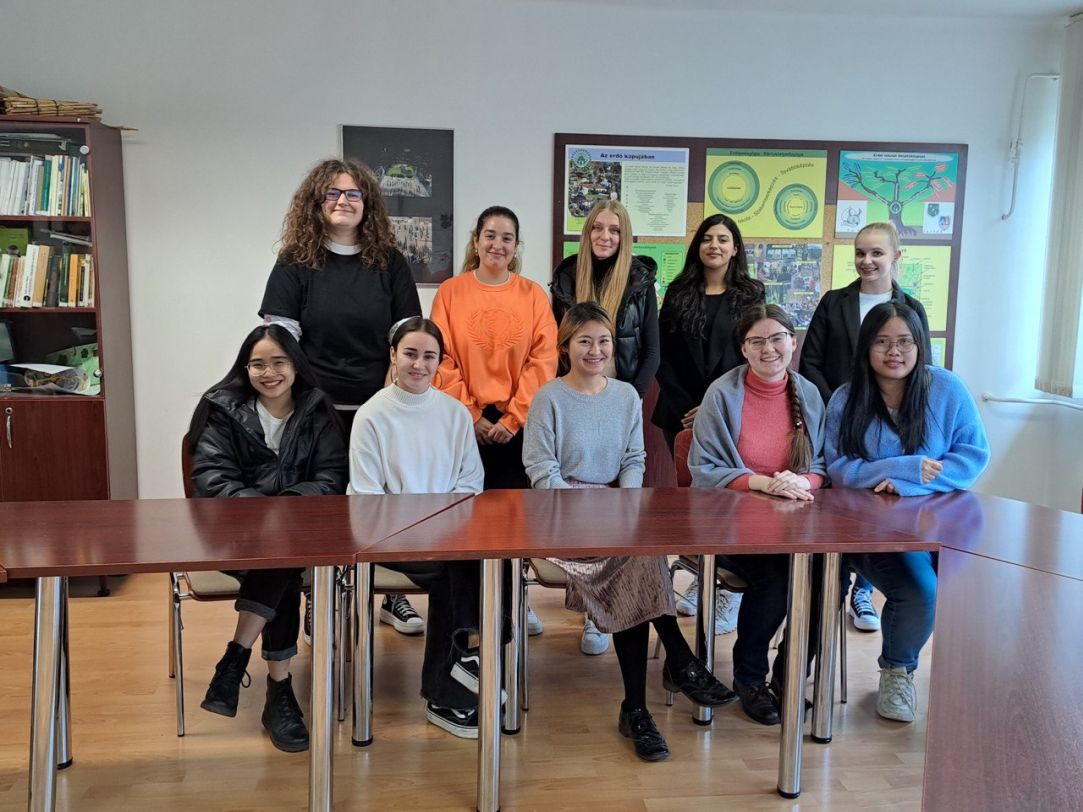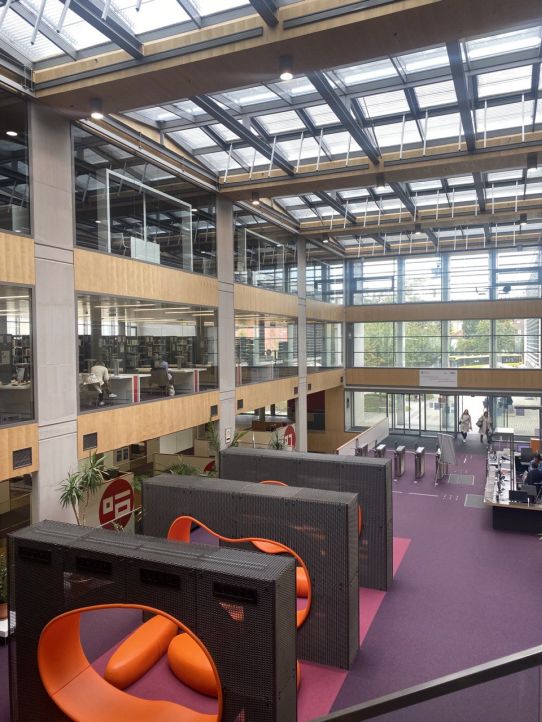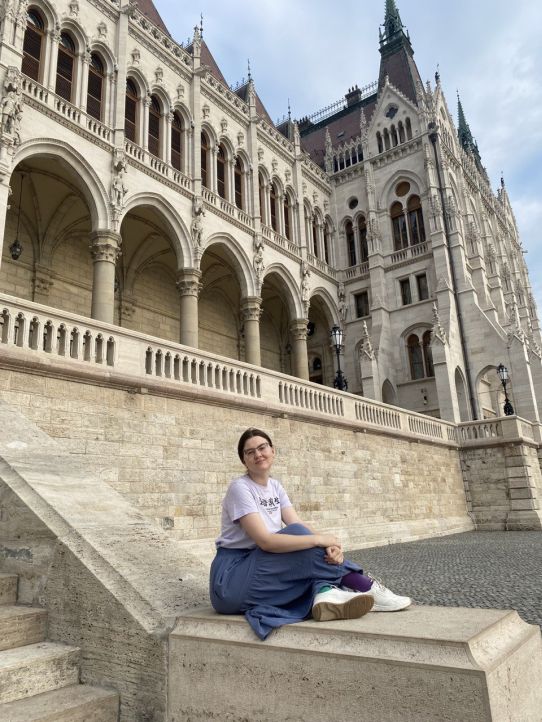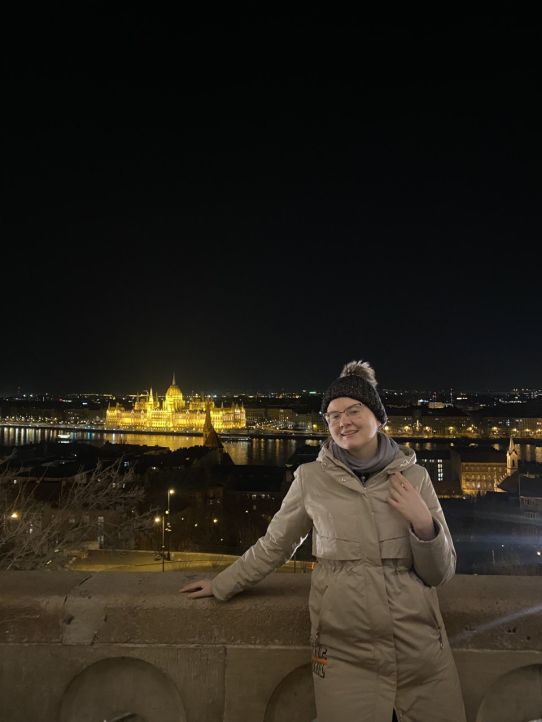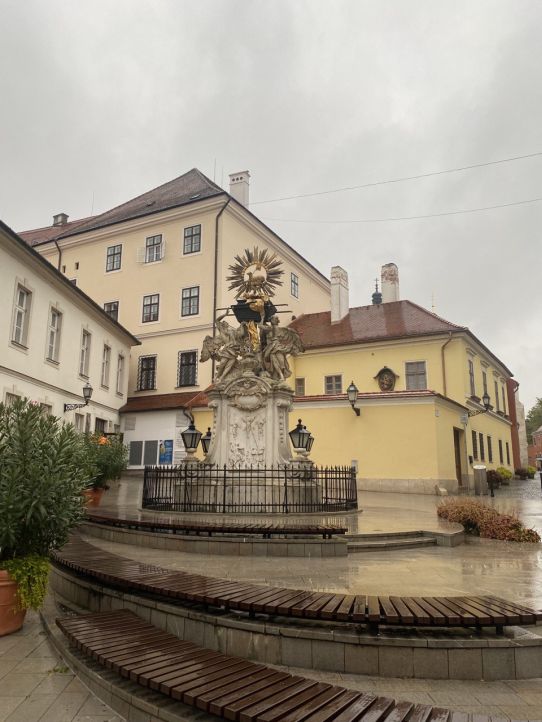Exchange studies in Hungary: lost in translation, Africa and life in a baroque atmosphere
Ekaterina Kozlova, a 5th-year student of the ‘Asian Studies’ educational program, became a Stipendium Hungaricum scholarship holder and went to study in Hungary. Ekaterina tells about her impressions in this article.

Hungary is a small country in the center of Europe, combining elements of Western culture and Hungarian identity. Universities in Hungary offer a wide range of different programs, and although Asian Studies’ is a rare field of study, I managed to find a program whose subjects match with those I study at HSE: that's how I ended up here in the city of Györ as a student of Széchenyi István University.
Studies and university
My university is very modern, big, and cozy in its own way. The campus is located on the banks of the Danube River (there are five rivers in Győr, which the locals like to brag about), and the dormitory overlooks the park near the river. In 2017 our campus hosted the European Youth Olympic Festival and two new dormitories were built especially for the event, where students now live, so conditions are of a very high standard.
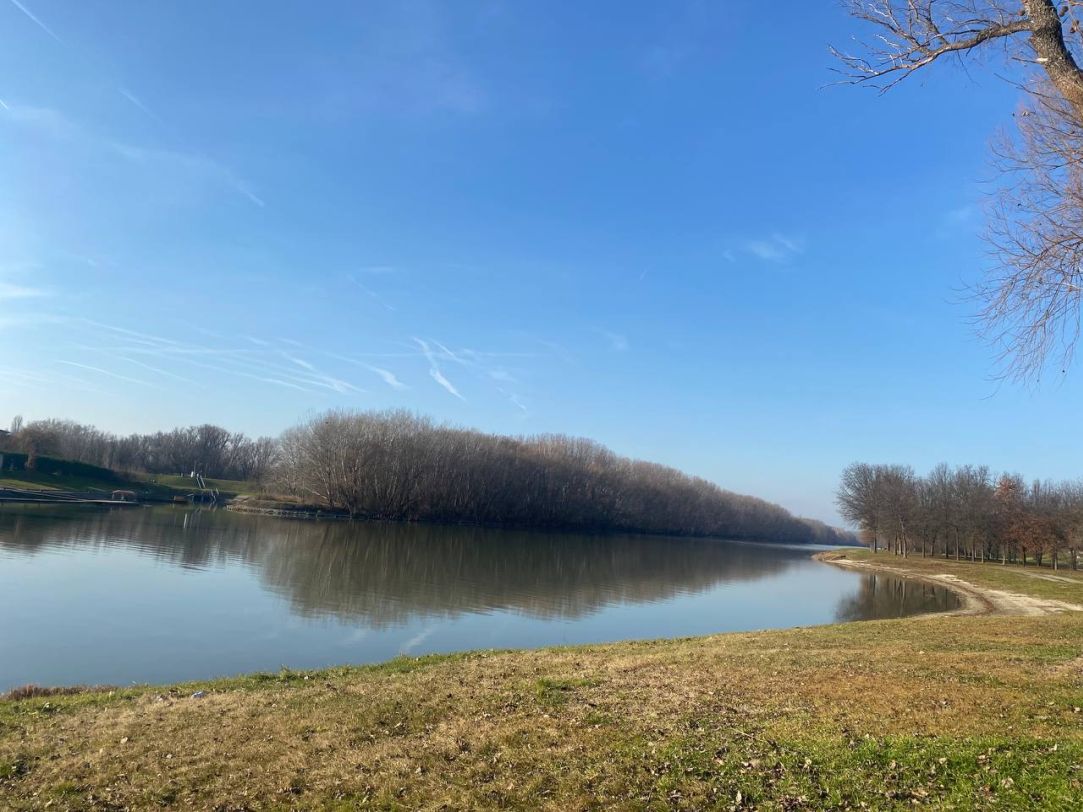
The university's main focus is engineering, and there is a separate faculty of automotive engineering, which is under the patronage of the Hungarian branch of the Audi automobile concern. The Apáczai Csere János Faculty of Humanities, Education and Social Sciences is new, but the university has already started several English-language programs, which has helped attract international students. For example, I have students from Japan, Vietnam, Laos, Spain, France, Morocco, Capo Verde, and Kenya in my group. Most of the foreigners are also Stipendium Hungaricum students and plan to stay and build their careers in Hungary or another European country. Thanks to this geographical diversity, I have been an Orientalist in practice: discussing gender equality in Morocco, the mask ceremony in Africa, and how Laos views Chinese politics.
Education in Europe is a student's responsibility. There are no strict sanctions for non-attendance, and tests are usually given only twice a semester. This approach, in my opinion, allows teachers not to waste time on students who don't need to study, but to focus on research, projects, and course improvement Most classes are in a mixed format: the teacher explains the material while asking students questions and initiating a small discussion. There are separate practical classes (for example, I have "Chinese Language" and "Management Communication") and our usual lectures and seminars (e.g., we study "Theory and Practice of Communication" in this format). Classes last a little longer than at HSE - 90 minutes.
In addition to the core set of subjects, I took a class on African studies - in a way, my little dream came true because I have wanted to study Africa for quite a while now. Now, on Fridays, I travel to the continent with my classmates from all over the world, and when the class ends, the bells start ringing in the church next door - that's multiculturalism.
About living in Hungary and travelling
Living in a small Hungarian town without Hungarian is difficult: outside the university, English is not widely spoken. That said, the older generation still remembers Russian - sometimes it's easier for me to switch to Russian than to explain a problem in English, to no avail. At the first Chinese class, I introduced myself and told them that I came from Russia, and my classmate said that she used to study Russian and wanted to come to Russia - it was very interesting to see the reciprocal interest in my native culture and language. In the supermarkets, Cyrillic Bulgarian and a little bit of Slovak were helpful at first, as they have similar words to Russian. I gradually learned a few basic phrases in Hungarian and got the hang of it, but you have to be prepared for that if you go to a non-English-speaking country. The best option for an internship is to choose a country whose language you know, but if you only speak English or can't go there yet, I suggest learning everyday phrases in advance, for example through the Duolingo app.
At the same time, there are many pluses: for example, Győr has a beautiful baroque historical center. I study near the center, and I go back to campus leisurely, strolling through the small, cozy streets - it's a very unusual experience to be so close to history every day. In Moscow we rush to dive into the underground, from the underground to the bus, rarely do we get to stop and think and admire the architecture, but here we have that opportunity. Besides, Győr is about the same distance from three capitals at once: Budapest, Bratislava, and Vienna. I have been to Budapest several times and I fell in love with the city! Budapest has a very rich cultural life, with constant exhibitions and concerts. For example, the largest art museum in Hungary - the Museum of Fine Arts in Budapest - during this autumn held large retrospective exhibitions of Henri Matisse and El Greco, which brought not only paintings from European museums but also American ones. Apart from that Budapest is a very beautiful and comfortable city and the sight of the Hungarian Parliament on the banks of the Danube, I think, cannot leave anyone indifferent. I have only been to Vienna a couple of times, but I have already visited the famous sights of the Austrian capital, drunk the famous Viennese coffee, and saw the collection of Gustav Klimt paintings, including the famous "The Kiss" in the Belvedere Museum.
To sum up, I would advise you not to pass up the opportunity to go to another country on the exchange, as it opens up a completely different side of your personality, gives you the unique experience of "surviving" in a new environment and broadens your horizons infinitely.




